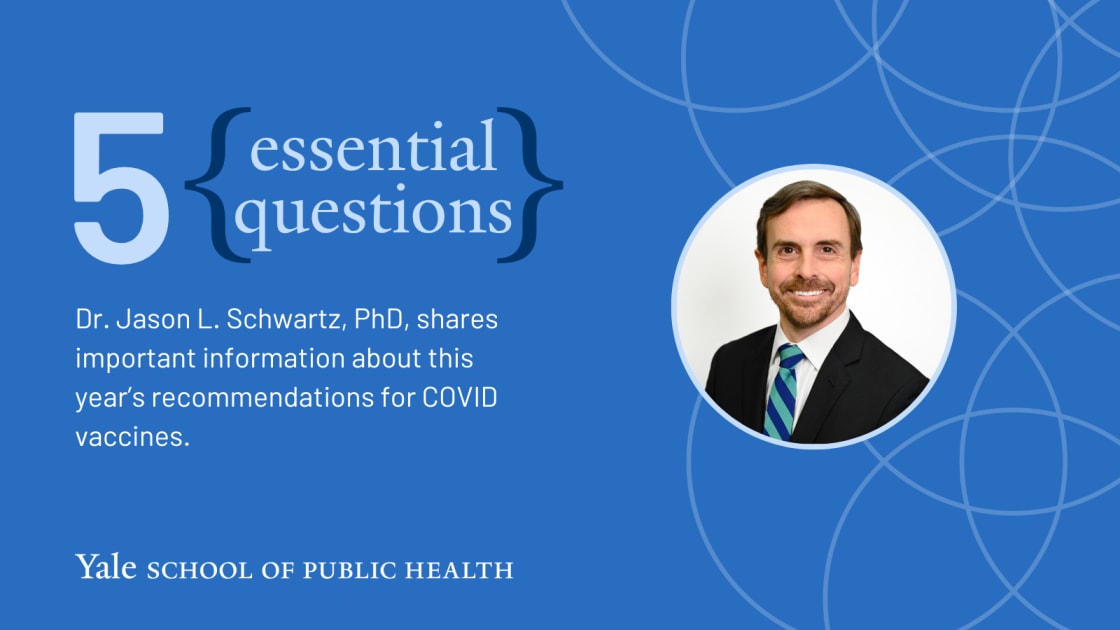Dr. Jason Schwartz: At its September 19 meeting, ACIP recommended that COVID vaccines can be administered to anyone 6 months of age or older, after consultation with a physician or another health care provider (including, in some states, a pharmacist). In contrast, the U.S. Food and Drug Administration has approved this year’s COVID vaccine only for people over age 65 and those considered at high risk due to certain medical conditions.
While it is not unprecedented for CDC/ACIP to endorse the use of a vaccine outside the margins of its FDA approval—what’s referred to as “off-label use”—it is quite uncommon and, unlike the widespread off-label use of pharmaceuticals, typically reserved for small populations in very limited circumstances. Here, ACIP has opened the door to off-label use of the vaccine for tens of millions of Americans, essentially all healthy individuals between 6 months and 65 years of age.
Still, this “shared clinical decision-making” guideline is a step down from the ACIP’s far more common, “routine” recommendations for vaccines. It is used in situations where the committee wishes to highlight vaccination as an option for individuals (i.e., “may vaccinate”) without actively encouraging it (i.e., “should vaccinate”). Importantly, it is still formally considered an ACIP recommendation for COVID vaccination. That means that, if adopted, it will appear on CDC/ACIP immunization schedules, ensuring continued no-cost coverage of COVID vaccines for all children regardless of insurance status. Adults with private insurance, Medicare, or Medicaid will also be covered. Coverage of vaccines for uninsured adults remains an unfortunate gap in our health care system.
It is important to note that as of Sept. 25, ACIP’s recommendations were only that—recommendations. They are still pending adoption by the acting CDC director, at which point they would become official CDC guidelines. It is currently unclear when or whether the director will make that decision.
